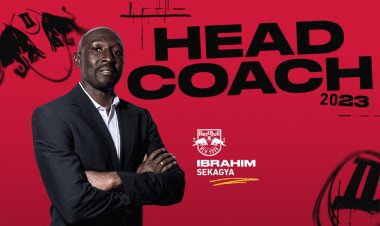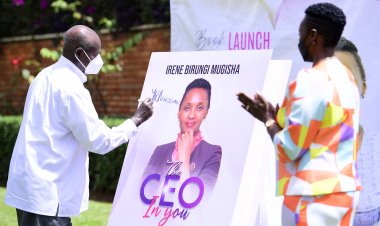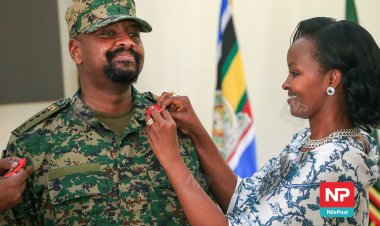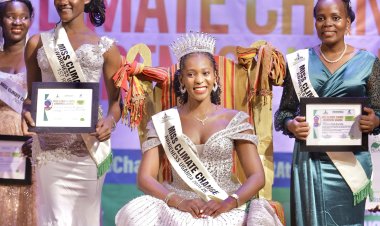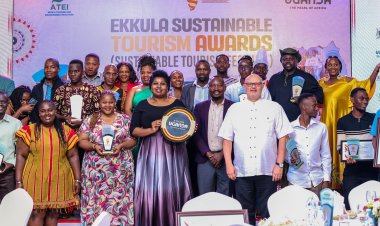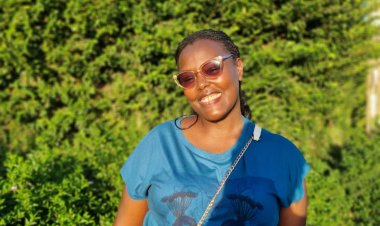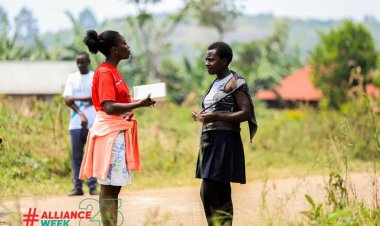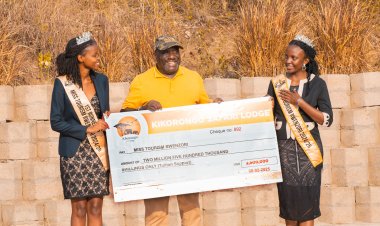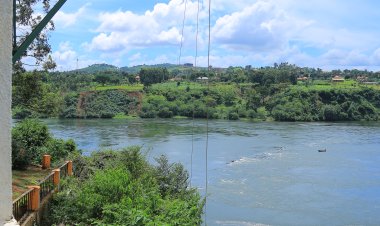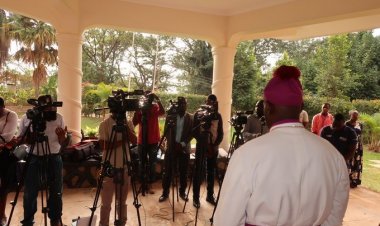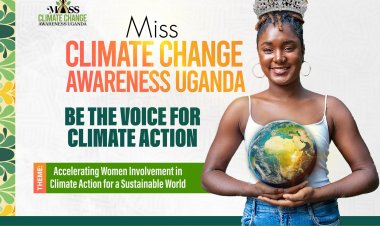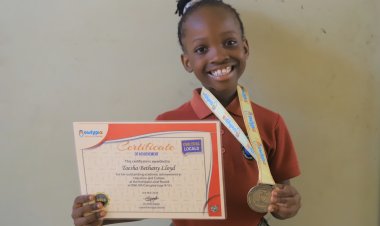Esther Kitumaini's Journey from Refugee to Education Advocate
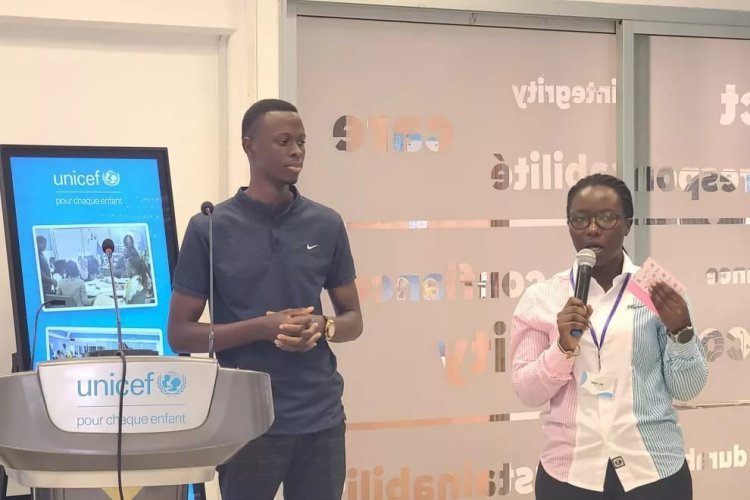
In 2013, a young Esther Kitumaini fled the Democratic Republic of Congo with her family, seeking refuge in Uganda as conflict ravaged her homeland.
At just 13 years old, Esther's dreams of secondary education were abruptly halted. The upheaval forced her to start over in Uganda, where language barriers and a lack of integration processes set her education back by four years.
"I was only 13 years old at the time and could barely understand what was happening. I had just finished my primary school education and was excited to join secondary school, but all my excitement was brought to a halt when the fighting in my country (DR Congo) made it impossible for me to go to school and my family was forced to move to Uganda." She narrates.
Despite these challenges, Esther’s determination to pursue her education never wavered. Enrolled in secondary school and excelling academically, she faced another obstacle: refugees were ineligible for government scholarships.
Undeterred, Esther turned to free online courses to hone her leadership and public speaking skills. Her passion for writing blossomed, and she actively engaged in community service as a peer educator with Reach a Hand Uganda, focusing on mental health, advocacy, and sexual reproductive health.
Her dedication led her to an educational advocacy training in Ivory Coast, sponsored by UNICEF Uganda. There, Esther represented refugee voices and learned about the dire educational disparities faced by refugee children.
“It takes refugee children six times longer to finish school compared to native children,” she noted.
Back in Uganda, Esther’s advocacy and networking efforts paid off when she secured a civil society scholarship for refugees, allowing her to study public health.
Although her initial dream was to become a doctor, her experiences in community service shifted her focus to public health, where she could make a broader impact.
"As a peer educator, I was able to build connections with different people and from one of the people I had met, I was told about some civil society scholarship opportunities available for refugees which I applied for and was fortunately successful. I am now studying public health." she adds.
Beyond her studies, Esther co-founded a learning service business for refugees, applying the Montessori method to teach children through play and storytelling.
"Besides my education, I co-founded a learning service business for refugees, where I work as a Montessori teacher. Montessori is a play-based form of learning, where I teach refugee kids in my community about different things through storybooks and toys."
With funding from an entrepreneurial competition, her initiative plans to expand to various refugee camps, empowering parents to create educational toys and engage in their children’s learning.
Esther's journey also led her to use digital platforms like the U-Report mental health chatbot and Fundoo to enhance her skills. Introduced to these resources at the Rendezvous Youth Group Centre for Refugees in Kampala, she realized her potential to effect positive change within her community.
As a U-Reporter, she participated in creating an advocacy plan to improve education in Uganda, ensuring refugee children were not forgotten.
Esther dreams of a world where refugee children have equal access to education and the opportunity to become valuable citizens.
"My dream for refugee Children everywhere around the world is that they find peace for themselves and their families. But equally important, it is my wish for us to have easy and equal access to education because we also want to be valuable citizens for the countries we live in and our own countries if we ever get to go back."








